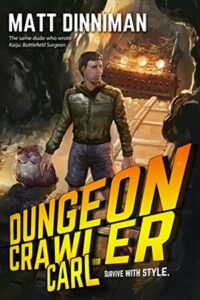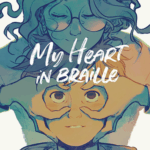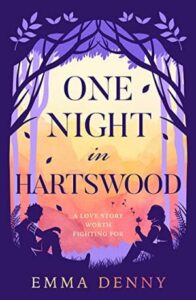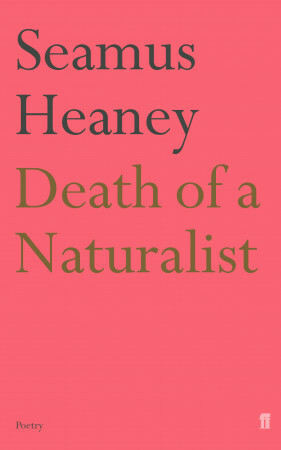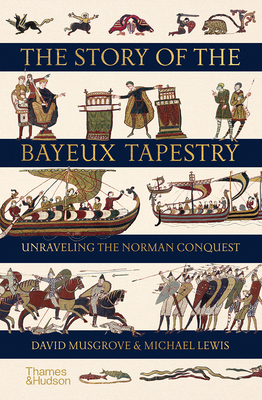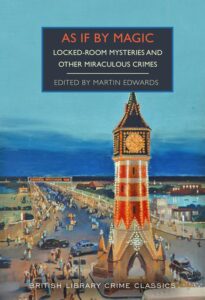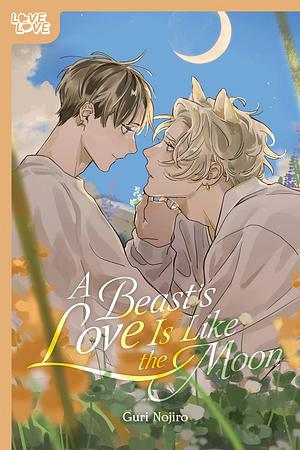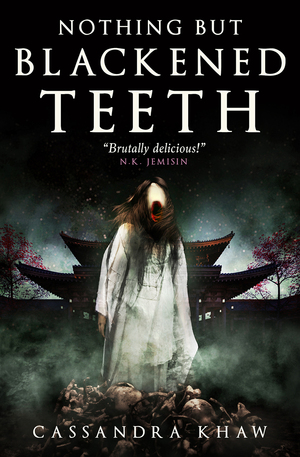
Love in the Palm of His Hand
by Rinteku
Genres: Manga, RomancePages: 256
Series: Love in the Palm of His Hand #1
Rating:

Synopsis:Fujinaga is a university student who dreams of becoming an actor so he can do what he loves best--conveying emotion and story through physical expression. But after failing multiple auditions, his hopes are dashed and his confidence crushed. When he meets Keito, a fellow student with congenital hearing loss, Fujinaga is suddenly introduced to the world of sign language. Although clumsy at first, Fujinaga quickly picks up signing and surprises Keito with his astonishing talent of expressing emotions through action.
Through sign language and acting, two young men seeking their places in the world discover a connection that transcends the spoken word.
Is it that only in a place beyond all verbal limitations can two people, both yearning to be understood, forge a bond they never expected?
"To think that just what I've always wanted to hear would come from someone I just met."
Rinteku’s Love in the Palm of His Hand is a really cute manga focusing on a friendship (and burgeoning romance) between Keito and Fujinaga, a Deaf student and a hearing student who is also an actor. The art spends a lot of time trying to portray Keito’s various ways of communicating: lipreading, speaking aloud (without being able to hear and thus sometimes mispronouncing things), texting, different types of sign, mime… Some panels include the hands in multiple different positions to make it clear how dynamically Keito is signing. It’s all lovely, and the artist seems to speak sign — I know nothing about them, but they mention at the end that they were trying to draw their own signs and realising they were getting everything flipped.
The relationship between Keito and Fujinaga is also really cute, as Keito’s enthusiasm for Fujinaga’s expressiveness makes him realise that even though his “overacting” is criticised, there are contexts in which it’s useful and helps him communicate — and Fujinaga’s enthusiasm for learning sign makes Keito feel wanted and understood.
I thought the art and panelling was really interesting, though I wasn’t 100% a fan of the art style — something about eyes/expressions, maybe? But that didn’t stop me loving it: the next volume is out in translation in October, and I’ll snag it right away (I’m writing this review in September). I’d love to spend more time with Keito and Fujinaga, and see how their relationship develops.
Rating: 4/5 (“really liked it”)

